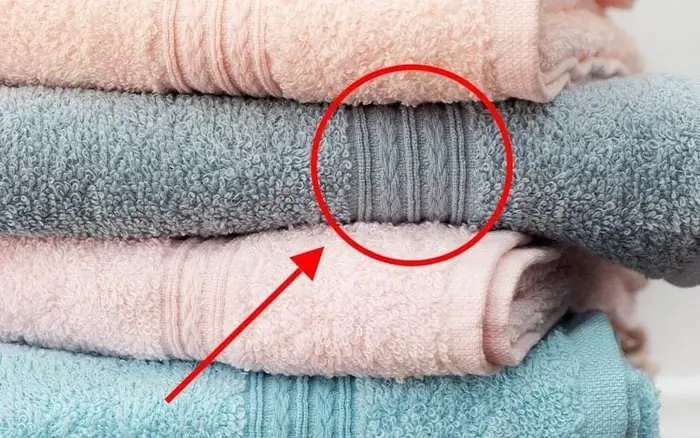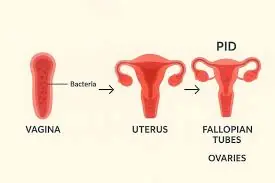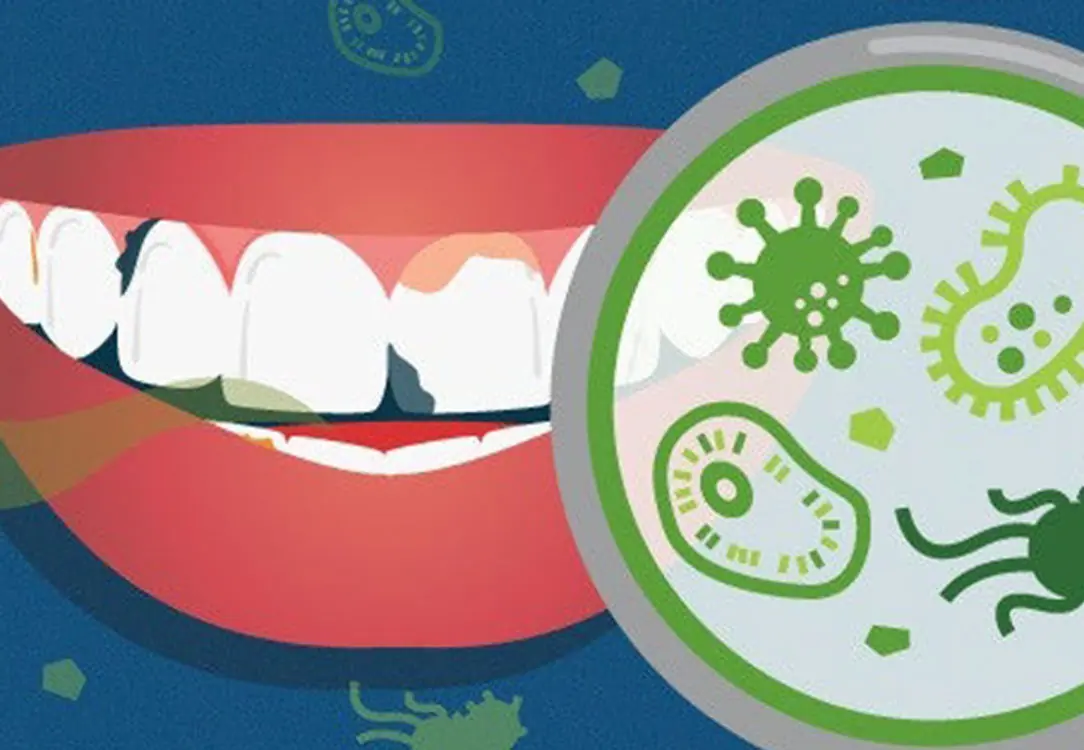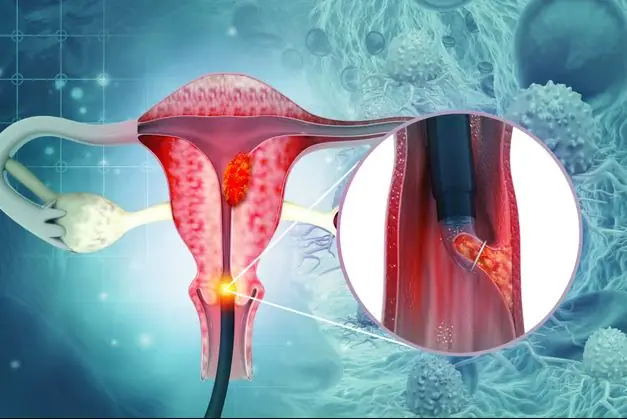
6 Eating Mistakes That Can Damage Your Health
Daily eating habits may seem harmless, but certain behaviors — when repeated over time — can silently harm digestion, metabolism, immunity, and overall well-being. From eating too quickly to skipping meals or sharing dipping sauces, these common mistakes can lead to long-term health consequences without you realizing it.
Below are 6 eating habits experts say you should avoid to protect your health.
1. Overeating
Consuming too much food in one sitting can overwhelm the stomach, slow digestion, and contribute to rapid weight gain. Overeating also increases the risk of bloating, acid reflux, and metabolic problems.
Experts recommend eating slowly and stopping once you feel comfortably full. Instead of consuming large portions at once, divide your meals into 5–6 smaller meals throughout the day. This helps prevent extreme hunger, stabilizes blood sugar, and improves nutrient absorption.
2. Eating Too Quickly
Eating at a fast pace prevents you from fully experiencing flavors and textures — but more importantly, it places significant stress on the digestive system. When you don’t chew thoroughly, your stomach must work harder to break down food, which can lead to indigestion, gas, and irregular bowel habits.
Fast eaters are also more likely to overeat because the brain needs about 20 minutes to register fullness. Slowing down, chewing carefully, and setting aside distractions can help regulate appetite naturally.
3. Unbalanced Diet
Favoring only one type of food or consistently avoiding key nutrient groups may lead to deficiencies that affect immunity, hormonal balance, energy levels, and long-term health. A balanced diet should include a variety of:
-
lean proteins
-
whole grains
-
fruits
-
vegetables
-
healthy fats
When the body lacks essential vitamins and minerals, it becomes more vulnerable to fatigue, inflammation, weakened immunity, and chronic disease.
4. Skipping Meals
Many people skip breakfast or lunch in an effort to reduce calories, but this approach often backfires. Skipping meals can cause:
-
low blood sugar
-
headaches
-
irritability
-
loss of concentration
-
overeating later in the day
When hunger becomes too intense, the body tends to compensate by consuming larger quantities at the next meal, leading to digestive discomfort and potential weight gain.
Eating regular, balanced meals helps maintain energy and prevents unhealthy snacking or binge-eating.
5. Sharing Dipping Sauces
Though common in social meals, sharing dipping sauces increases the risk of spreading infectious diseases. Experts warn that double-dipping or communal dipping bowls can transmit bacteria and viruses such as:
-
Helicobacter pylori (which causes gastritis)
-
influenza viruses
-
mumps virus
-
hepatitis A
Using individual dipping bowls is a simple but effective way to protect yourself and others from infection.
6. Eating While Watching TV, Using the Phone, or Walking
According to the American Journal of Clinical Nutrition, distracted eating — such as texting, scrolling on a phone, watching TV, or walking while eating — can cause people to consume over 50% more calories without realizing it.
When attention is divided, the brain cannot accurately track food intake, leading to overeating. In children, this habit may develop into long-term picky eating or reduced appetite awareness.
Additionally, distracted eating decreases stomach acid secretion and slows digestion, increasing the risk of bloating, nutrient malabsorption, abdominal pain, and gastritis.
How to Build Healthier Eating Habits
To maintain good digestive health and stable energy levels, experts recommend:
-
Eating mindfully, without screens
-
Chewing slowly and thoroughly
-
Maintaining regular meal times
-
Using individual dipping sauces
-
Avoiding overly large meals
-
Choosing nutrient-dense foods
-
Drinking enough water throughout the day
Making small but consistent changes can significantly support long-term health.
News in the same category


5 Foods You Should Avoid at Night If You Don’t Want to Lose Sleep

The Type of “Waste” Everyone Throws Away but Experts Call a Hidden Treasure:

4 TERRIBLE MISTAKES That Make Your Home Smell Bad All the Time — Without You Realizing It

Eating Bananas on an Empty Stomach: Healthy Habit or Hidden Dan.ger?

8 Can.cer-Kill.ing Foods You Should Add to Your Diet Immediately

The Hidden Healing Plant: Why Euphorbia Hirta Is Becoming Nature’s Most Unexpected Health Powerhouse

The Morning Habit Des.troying Your Skin! Find out now!

How to Use Onion to Get Rid of Pests:

Don’t Throw Them Away! These 5 Fruit Peels Can Repel Mosquitoes and Make Your Home Smell Amazing

Is Green Tea Really for Everyone? Discover Who Should Limit This Health Drink!

Millions of people use bath towels but don’t know the “secret” behind this tiny border

12 Silent Signs Your U.terus Is Begging for Help

The Hidden Meaning Behind Wearing a Ring on Your Thumb — Few People Know This

What Does It Mean When Someone Who Has Pas:sed Away Appears In Your Dream

Why Do Some Windows Have "Belly Bars"?

Experts Are Shedding Light on the ‘De.ath Rattle’ Phenomenon Before Passing

Snake Plant – Feng Shui Symbol or Silent Trap? 4 Reasons to Think Twice

Group A Vegetables Linked to Can.cer Experts Warn to Stop Eating Them Immediately
News Post

7 Bad Habits That Harm Your Heart

7 Signs Your Body Might Be Iron Deficient

Poor Oral Health Linked to Increased S.troke Risk

A Fruit People With Kid.ney Disease Should Limit

4 Types of Salads You Should Eat Regularly to Support Li.ver Detoxification

4 Natural Ingredients That Help Protect the Li.ver in Men

3 Everyday Vegetables American Doctors Eat to Keep Their Li.ver Healthy

6 Daily Habits That Can Finally End Your Sleepless Nights

5 Foods You Should Avoid at Night If You Don’t Want to Lose Sleep

3 Silent “Culprits” That Dramatically Increase Your Risk of Stroke

5 Silent Warning Signs of High B.lood Pressure You Should Never Ignore

The Type of “Waste” Everyone Throws Away but Experts Call a Hidden Treasure:

She Spotted These 5 Colon Ca.nc.er Symptoms Early — Here’s What You Should Watch For

If your feet show these 5 signs, it may be a warning of a serious condition

4 TERRIBLE MISTAKES That Make Your Home Smell Bad All the Time — Without You Realizing It

Rubbing Ginger on Your Feet Before Bed: Men and Women Will Be Surprised by Its Benefits!

Cervical Can.cer: Are You in a High-Risk Group?

Eating Bananas on an Empty Stomach: Healthy Habit or Hidden Dan.ger?
